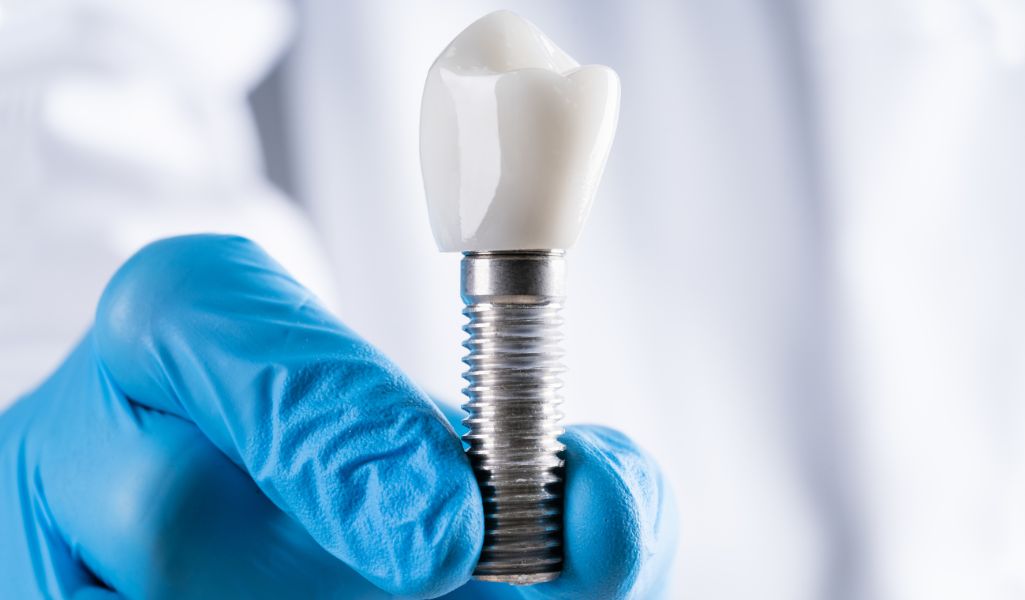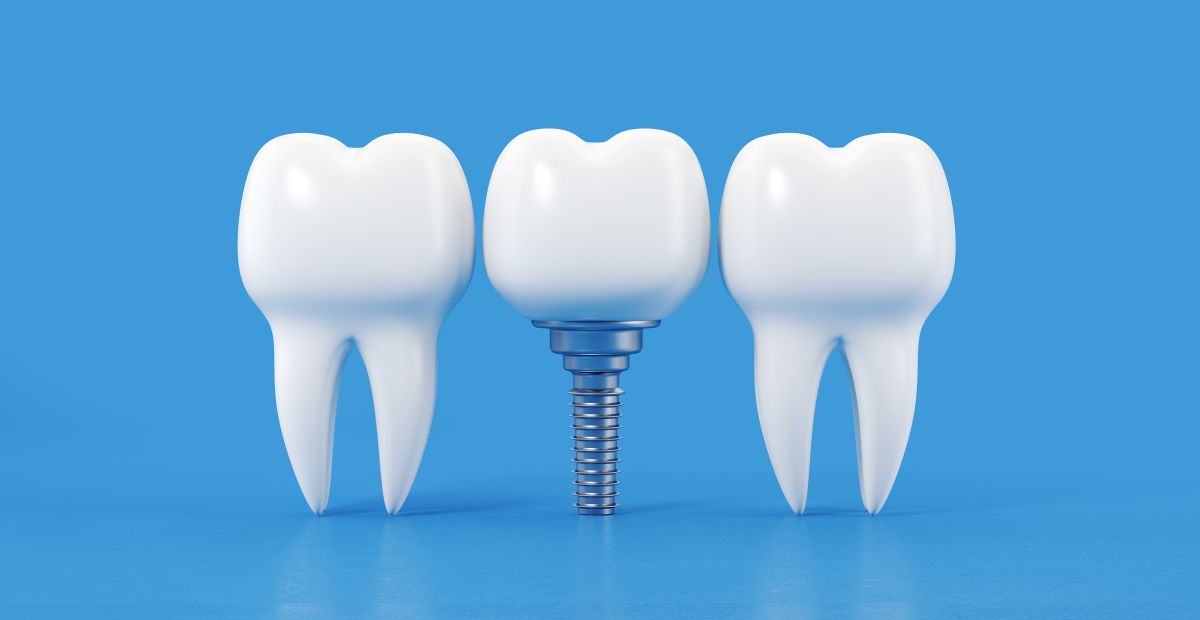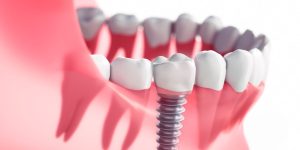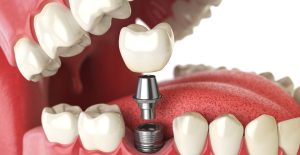Essential Tips for Maintaining Your Dental Implants: Keep Them Clean & Lasting for Years
Dental implants have revolutionized the way we address tooth loss. Offering a natural look and feel, they are a durable, long-lasting solution for missing teeth. However, just like your natural teeth, dental implants require proper care to ensure their longevity and health. In this blog, we’ll guide you through expert tips on keeping your dental implants sparkling clean, avoiding common complications, and preserving your smile for years to come.
Dental implants are advanced, permanent tooth replacement solutions that consist of a titanium post surgically placed into the jawbone. This post serves as a foundation for artificial teeth or bridges. Over time, the implant fuses with the jawbone in a process known as osseointegration, making it a secure and stable replacement.

Dental implants not only mimic the appearance and function of natural teeth but also promote jawbone health by preventing bone loss. They are considered the gold standard in tooth replacement due to their strength and longevity.
Although dental implants are designed to last, they aren’t impervious to the same oral health challenges as natural teeth. Plaque, bacteria, and food particles can accumulate around your implants, leading to gum inflammation, infection, or even implant failure. Regular cleaning ensures that your implants stay healthy and functional while safeguarding the surrounding gums and bone.
Proper care and maintenance of your implants are essential to their success. Here are key dental implant care tips for keeping your smile looking its best.
Brushing your implants is just as important as brushing natural teeth. Use a soft-bristled toothbrush to avoid damaging the surface of your implants. Harder bristles may scratch the implants, creating a surface where plaque can easily accumulate.

Pro Tip: Consider an electric toothbrush for a more thorough cleaning. These can remove more plaque effectively, ensuring better care of both your implants and gums.
• Fluoride toothpaste (non-abrasive)
• Soft-bristled toothbrush (or electric toothbrush)
Flossing may seem like an afterthought, but it’s just as critical for dental implants as it is for natural teeth. Flossing removes food particles and plaque between your implants and natural teeth, preventing gum disease and infection.
Pro Tip: Opt for implant-specific floss or an interdental brush to clean around your implants gently. These options are designed to protect your gums while effectively removing debris.
Flossing Tip: Be gentle around your implants, as snapping the floss between teeth can harm the gums.
Even after brushing and flossing, bacteria can linger in hard-to-reach areas. Antimicrobial mouthwash helps eliminate harmful bacteria and freshen your breath. Choose an alcohol-free mouthwash to avoid irritating the gums around your implants.
Pro Tip: Mouthwashes containing chlorhexidine or other antimicrobial agents are ideal for reducing plaque buildup and fighting infection.
While at-home care is essential, professional cleanings from your dentist or hygienist are necessary for optimal implant health. These cleanings remove plaque and tartar buildup that can’t be reached by brushing and flossing alone. A dentist will also check the condition of your implants and surrounding gums.
Pro Tip: Schedule professional cleanings every 3-6 months to ensure your implants stay in excellent shape. Be sure to ask your dentist for additional implant care tips during your visits.
Though dental implants are durable, chewing on excessively hard or sticky foods can cause stress on them. Hard candies, ice, and nuts can potentially damage your implants or cause them to loosen. Sticky foods, such as caramel or taffy, can stick to your implants and promote plaque buildup.

Pro Tip: Opt for softer foods that are easier to chew. This will reduce the risk of damage and help maintain your implants.
Smoking is one of the worst habits for implant health. Nicotine and chemicals in cigarettes restrict blood flow to the gums, impairing healing and increasing the risk of infection. Smoking also encourages plaque buildup, which can lead to gum disease and implant failure.
Pro Tip: Consider quitting smoking, or at least reducing your intake. Doing so will significantly improve the health of your gums and increase the lifespan of your dental implants.
Drinking plenty of water benefits your overall health, including the health of your implants and gums. Hydration helps maintain proper saliva flow, which naturally cleanses the mouth and protects against plaque buildup.




